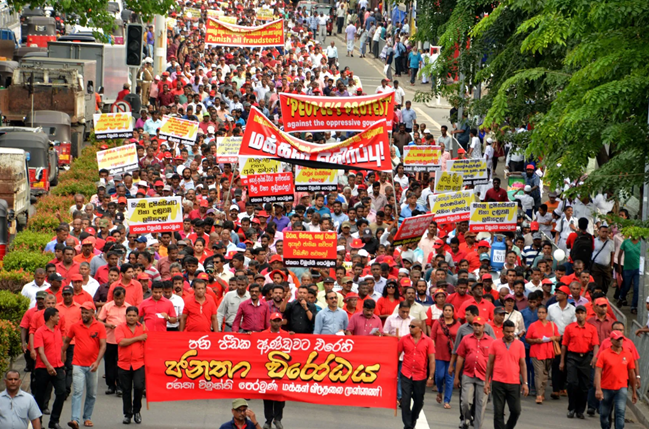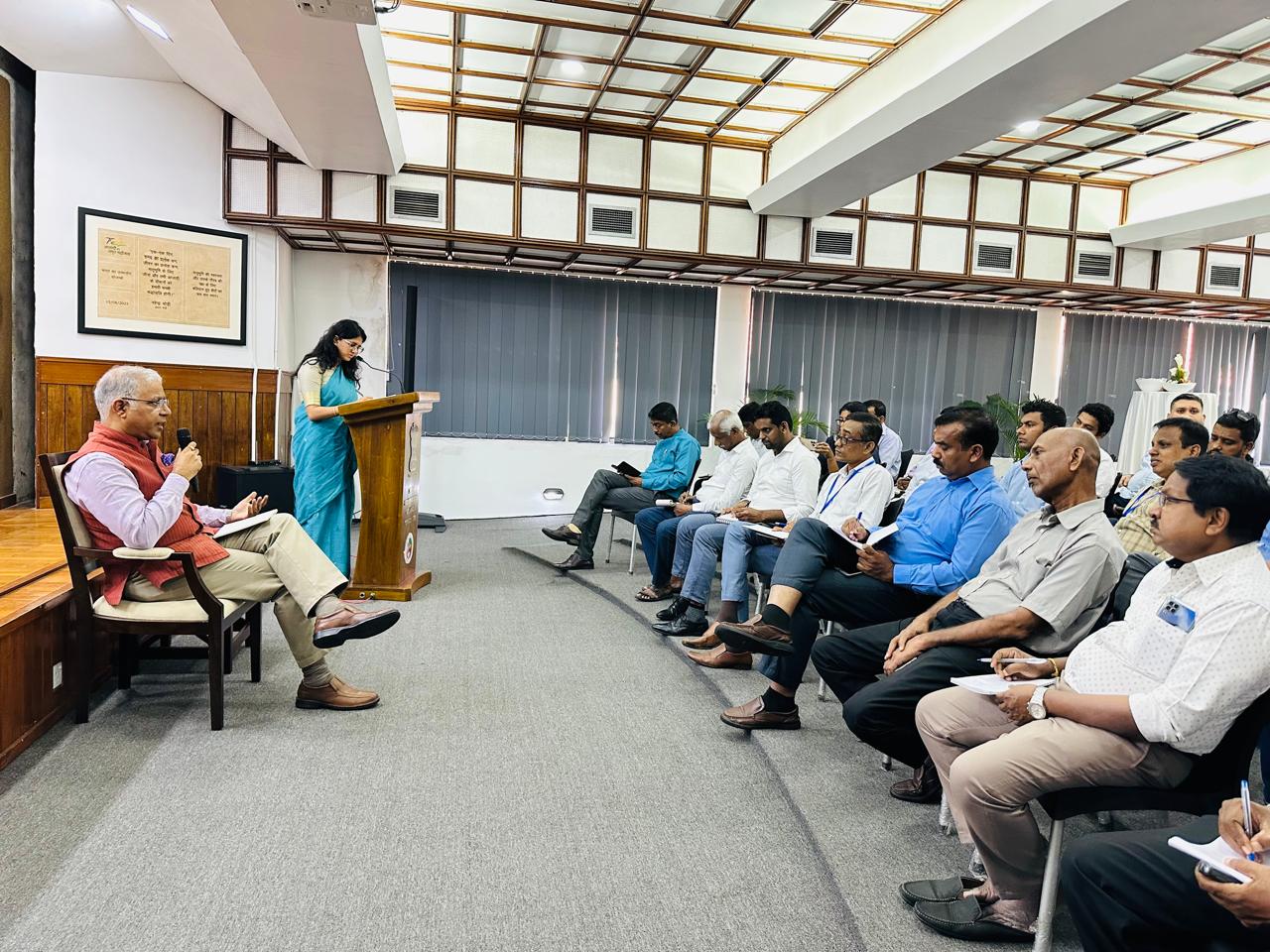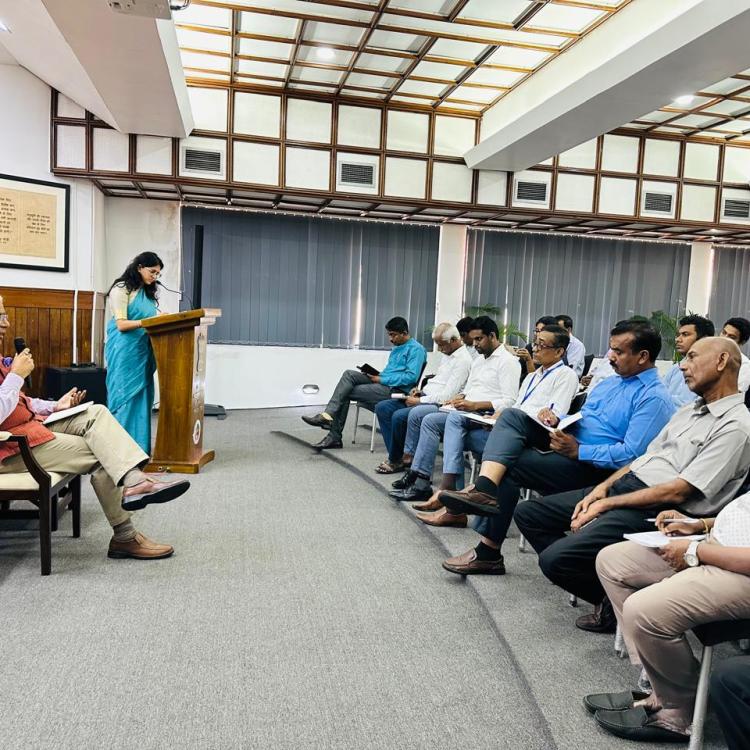
In a significant departure from their previous stance, Sri Lanka's National People's Power (NPP) government, led by Anura Kumara Dissanayake, has signaled willingness to revive discussions on the controversial Economic and Technological Cooperation Agreement (ETCA) with India.
This marks a notable shift from the President's earlier position when, in the opposition, he had strongly criticized the proposed agreement. Dissanayake had previously warned that ETCA would lead to an influx of "low grade" Indian IT professionals, potentially threatening job opportunities for Sri Lankan youth.
"If talented Indian IT professionals want to go abroad they select Europe and America... It is the lowest strata that would come to Sri Lanka," Dissanayake had stated during his opposition to the agreement, highlighting concerns about India's unemployment issues potentially spilling over into Sri Lanka.
However, following Dissanayake's recent visit to New Delhi, the stance appears to have evolved. Indian High Commissioner to Sri Lanka, Santosh Jha, confirmed that both nations had agreed to revive ETCA talks with the intent to conclude the agreement, though without setting specific timelines.

The High Commissioner's statements came in response to recent comments by Sri Lankan Foreign Affairs Minister Vijitha Herath, who had emphasized that while discussions would continue, no final agreement on ETCA had been reached. Addressing this apparent discrepancy, Jha stressed that the joint statement from the Delhi meeting was unambiguous about both sides' commitment to pursuing talks.
"The joint statement is clear. The English language is clear. There was desire to continue with talks," Jha stated during an interactive session with journalists. He added that setting specific deadlines for such complex agreements would be "unrealistic," with the timeline depending on "the eagerness of both sides."
This policy shift is particularly noteworthy given the historical position of the JVP, now in a wider coalition known as the National People's Power (NPP), which has traditionally maintained an anti-India stance on economic agreements. The party had previously called for public resistance against ETCA, with Dissanayake himself urging supporters to "launch a struggle and defeat the government's plan of signing this agreement in India."
The evolving position on ETCA appears to align with broader diplomatic assurances from the new administration. During his New Delhi visit, Dissanayake pledged that Sri Lanka would not allow its territory to be used against Indian security interests, a commitment that the Indian High Commissioner said his government trusts.

